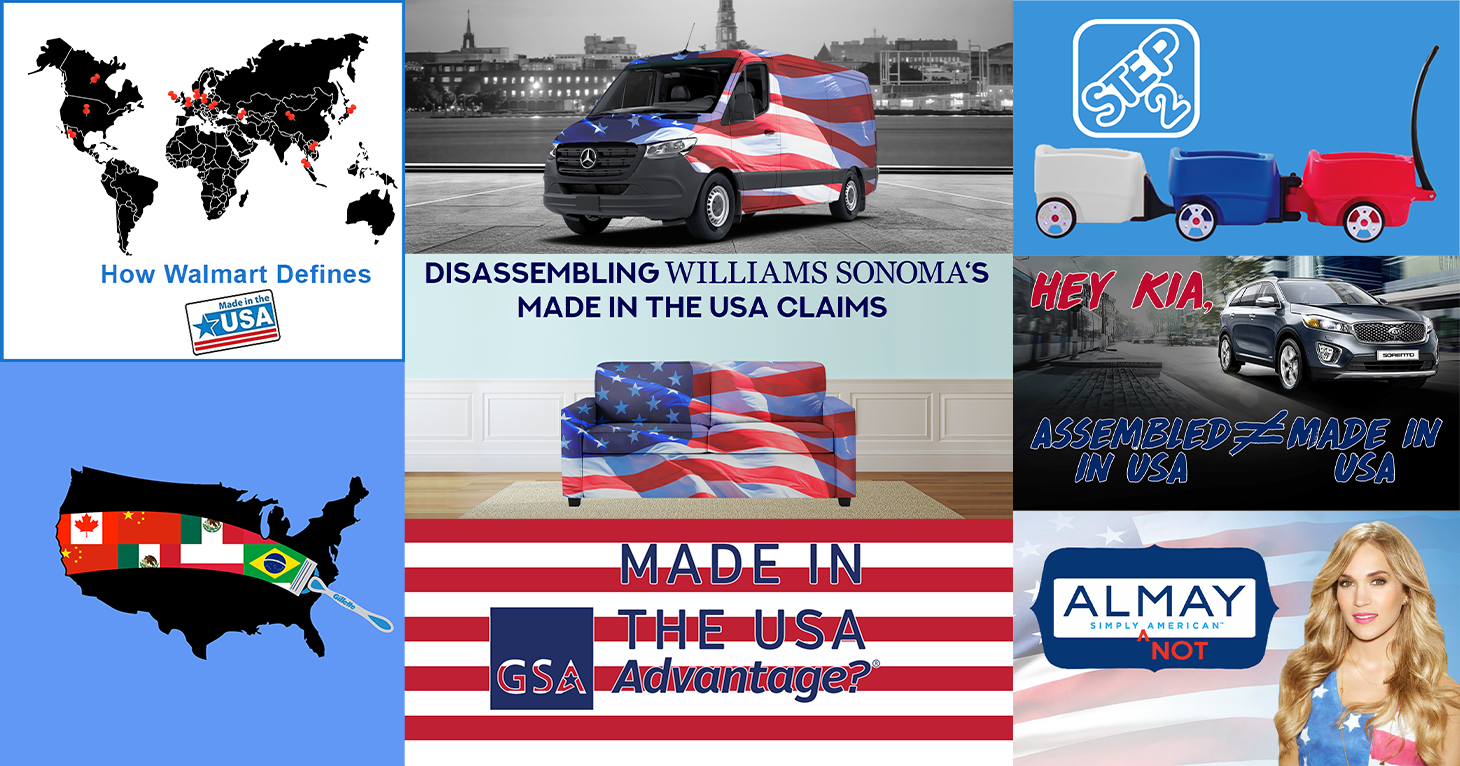
Companies Accused of Greenwashing
When companies green it, they better mean it.
Commercial for Frontier truck at issue.
|
A Nissan ad that showed a Frontier pickup truck rescuing a dune buggy trapped in sand made the truck appear to do something it actually wasn’t capable of doing, and now the company and its New York-based advertising agency have reached a settlement with the Established in 1914 under President Woodrow Wilson, the FTC is the United States government’s primary regulatory authority in the area of consumer protection and anti-competitive business practices in the marketplace. Its Bureau of Consumer Protection assumes the lead in the Commission’s efforts to eliminate deceptive advertising and fraudulent business practices at work in the economy. to stop misrepresenting features of the truck.
Nissan North American, Inc. and TBWA Worldwide, Inc., which designed the television commercial, agreed to settle deceptive-advertising charges, the FTC said Thursday. TBWA is a unit of Omnicom Group, a leading global advertising company.
The FTC has “a long history” of charging ad agencies with deceptive advertising, said agency spokeswoman Elizabeth Lordan. Said Lordan:
When an ad agency ‘knew or should have known’ that the act or practice was deceptive, it can be liable.
She pointed to a 1992 settlement with Volvo North America Corp and Scali, MacCabe, Sloves, Inc., a New York ad agency, over an ad that featured a monster truck running over a row of cars and crushing all of them except a Volvo station wagon. The FTC charged that some of the Volvos used had been structurally reinforced and the competing cars were structurally weakened. Still, the action against TBWA may make other ad companies stand up and take notice.
The 30-second 2011 Nissan commercial depicted the truck pushing a trapped dune buggy up a steep hill and out of sand. In reality, the dune buggy and the Frontier were dragged to the top of the hill by cables and the hill wasn’t as steep as the commercial depicted, the FTC said.
While the ad did have a statement in small print that appeared for three seconds that stated “Fictionalization. Do not attempt,” the FTC charged that the demonstration is portrayed in the commercial in a realistic “YouTube” style as if it were shot with a mobile phone.
“Special effects in ads can be entertaining, but advertisers can’t use them to misrepresent what a product can do,’’ said Jessica Rich, director of the FTC’s Bureau of Consumer Protection.
The settlement doesn’t prohibit the use of special effects and other production techniques as long as they don’t misrepresent a feature of the truck.
This story was updated on 1/27/2014
When companies green it, they better mean it.
Why the FTC should consider virtual influencers as it reviews its Endorsement Guides.
A review of TINA.org’s work uncovering (and putting an end to) deceptive made in the USA ad campaigns.

